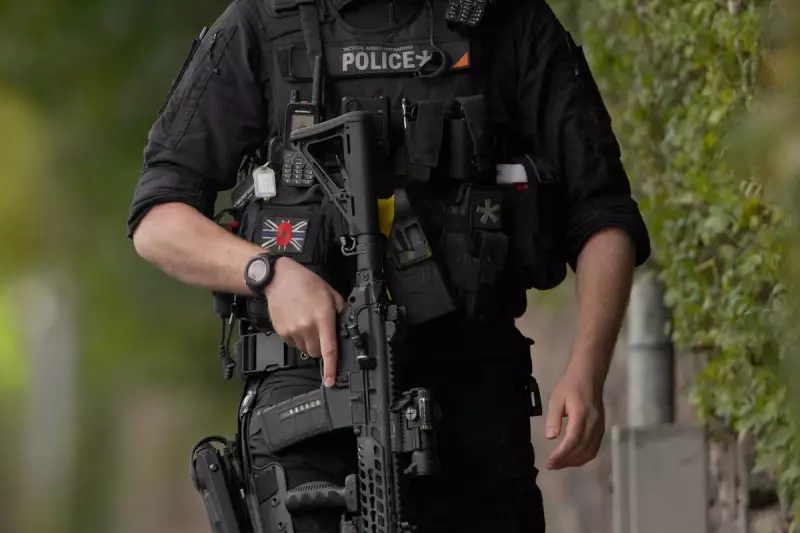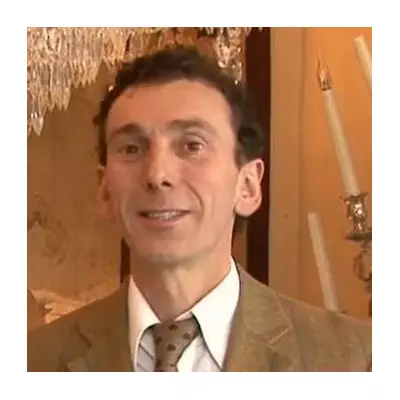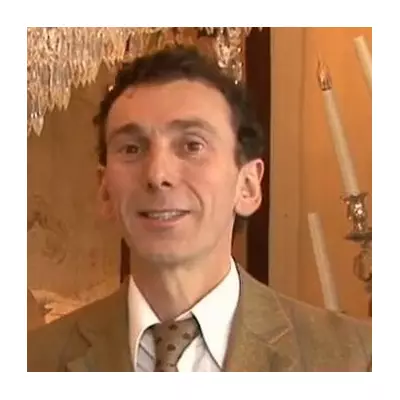
In the shadow of the devastating 2017 Manchester Arena bombing that claimed 22 lives, a more insidious threat began to circulate through the darker corners of the internet. Rather than uniting in grief, certain online communities began weaving dangerous antisemitic conspiracy theories that sought to blame Jewish people for the atrocity.
The Digital Hate Epidemic
Following the tragic attack at an Ariana Grande concert, which predominantly affected young women and children, social media platforms became breeding grounds for hateful narratives. These baseless theories claimed Jewish individuals had prior knowledge of the attack or were somehow responsible, despite overwhelming evidence pointing to Islamist extremist Salman Abedi as the sole perpetrator.
Mainstream Platforms Amplify Hate
Disturbingly, these antisemitic conspiracies weren't confined to obscure websites. They gained traction on major platforms including Facebook, Twitter, and YouTube, where algorithms sometimes inadvertently promoted this harmful content to wider audiences.
The theories followed a familiar pattern seen after other terrorist attacks in Western countries, where Jewish communities are systematically scapegoated for crimes they had no connection to.
Real-World Consequences
This digital hate has tangible consequences. Jewish community leaders reported increased anxiety and security concerns following the circulation of these theories. The Community Security Trust, which protects British Jews, noted spikes in online antisemitism correlating with such events.
A Call for Platform Accountability
The persistence of these narratives raises serious questions about social media companies' ability to curb hate speech and misinformation. Despite policies against such content, enforcement remains inconsistent, allowing harmful theories to flourish and potentially incite real-world violence.
As Manchester continues to heal from the physical wounds of the attack, the battle against the digital poison of antisemitism continues, reminding us that terrorism's aftermath can spawn multiple forms of harm to vulnerable communities.





